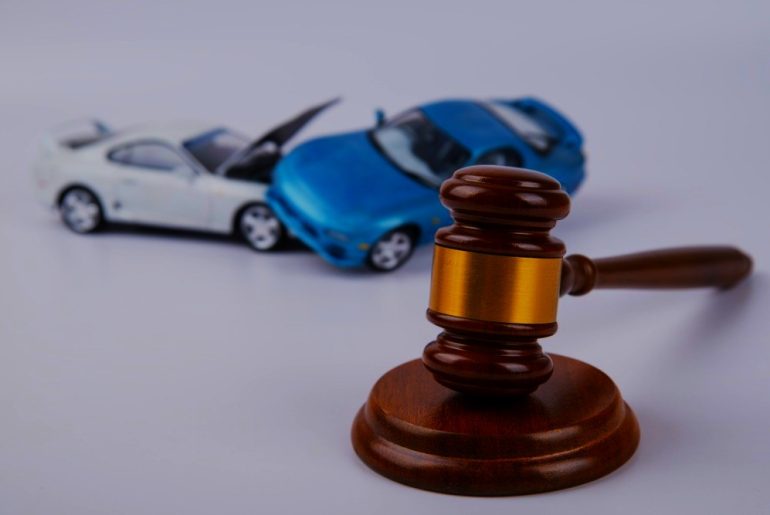Introduction
When you lend your car to someone, it’s important to understand the potential consequences if they get into an Car Accident Liability. The liability and responsibility can vary depending on several factors, including who caused the accident and your auto insurance policy terms. This guide aims to clarify what happens if someone else is driving your car and is involved in an accident.
Understanding Liability in Car Accidents
When the Other Driver is at Fault
- If another driver causes the accident, they are generally liable.
- Their insurance should cover your car’s damage and any injury to the person you lent your car to.
- Your insurance rates might still increase, as lending your car is seen as a risk.
If the Person You Lent Your Car to Causes the Accident
- Your auto insurance usually covers your vehicle, not the specific driver.
- The coverage extends to the person driving your car, as long as they had your permission.
- Exceptions exist, especially if the driver didn’t have your explicit permission.
Seeking Legal Advice
- Consulting a car accident attorney can be crucial to protect your rights.
Permissive vs. Non-Permissive Use
Permissive Use
- If you gave permission, your insurance typically covers the driver.
- Your liability coverage acts as the primary insurance, followed by the driver’s insurance as secondary.
- Example: If the borrowed car causes an accident, your insurance pays first, then the driver’s.
Non-Permissive Use
- If someone drives your car without your permission, they are responsible for any accidents.
- Your insurance doesn’t cover non-permissive uses.
- In cases of theft, the thief is liable, but victims may need to rely on uninsured motorist coverage.
State-Specific Exceptions
- In some states, like California, you can be liable if you didn’t take steps to prevent car theft.
Clarifying Theft vs. Borrowing
- There’s a clear distinction between theft and a friend borrowing your car.
- Insurance companies often assume you gave permission to a friend unless proven otherwise.
Negligent Entrustment: Lending Your Car Responsibly
When It’s Risky to Lend Your Car
- Lending to someone who poses a clear risk on the road can lead to your liability.
- Examples include letting an intoxicated or unlicensed person drive your car.
Legal Ramifications
- In some states, negligently entrusting your car to a risky driver is a criminal offense.
- Your insurance won’t cover accidents in cases of negligent entrustment.
Conclusion
Lending your car is a decision that comes with responsibilities. Whether it’s a friend or a family member driving, the ramifications of an accident can be complex. Understanding the terms of your insurance policy and the legal implications is crucial. Always consider the driver’s condition and legal status before handing over your keys, as this can significantly affect liability in the event of an accident.
Call to Action Stay informed about your responsibilities and rights as a car owner. If you’re faced with an accident involving your car driven by someone else, consider seeking legal advice to navigate the situation effectively.
